Latest data from buyers indicated that overall growth of new work rebounded for the second successive month to its steepest since October 2014.
Anecdotal evidence linked greater new business volumes to rising client confidence and improving business conditions across the UK economy as a whole.
Looking ahead, just under two-thirds of the survey panel forecast a rise in output over the next 12 months, while only 4% expect a decline.
The latest Markit/CIPS UK Construction PMI index jumped from its small gain to 55.9 in May to 58.1 in June.
Tim Moore, Senior Economist at Markit, said: “UK construction companies experienced a growth rebound and surge in business confidence at the end of the second quarter. Survey respondents cited robust inflows of new work in June, adding to already strong order books across the sector.
“Extra workloads and positivity regarding the year ahead outlook meant that job creation accelerated to its strongest so far in 2015.
“The extent of the recent rise in construction optimism is partly down to relief that pre-election uncertainty has now passed, but it also suggests that firms are infused with confidence that underlying demand will continue to recover.
“Scorching hot demand for some construction products placed additional pressure on supply chains in June, with delivery times lengthening again for a wide range of materials.
He added: “Meanwhile, another substantial rise in subcontractor charges highlighted that persistent skill shortages in the construction sector are contributing to sharp rises in labour costs in some areas.”
David Noble, group chief executive officer at the Chartered Institute of Procurement & Supply, said: “Construction was on a real high this month with the sharpest rise in overall activity since February as the sector made up for lost ground since the General Election.
“If there was a downside to this upturn it was the burden on suppliers to keep pace with rising need as lead times experienced the greatest lengthening since March 2015 and stock levels were depleted from this higher demand.”





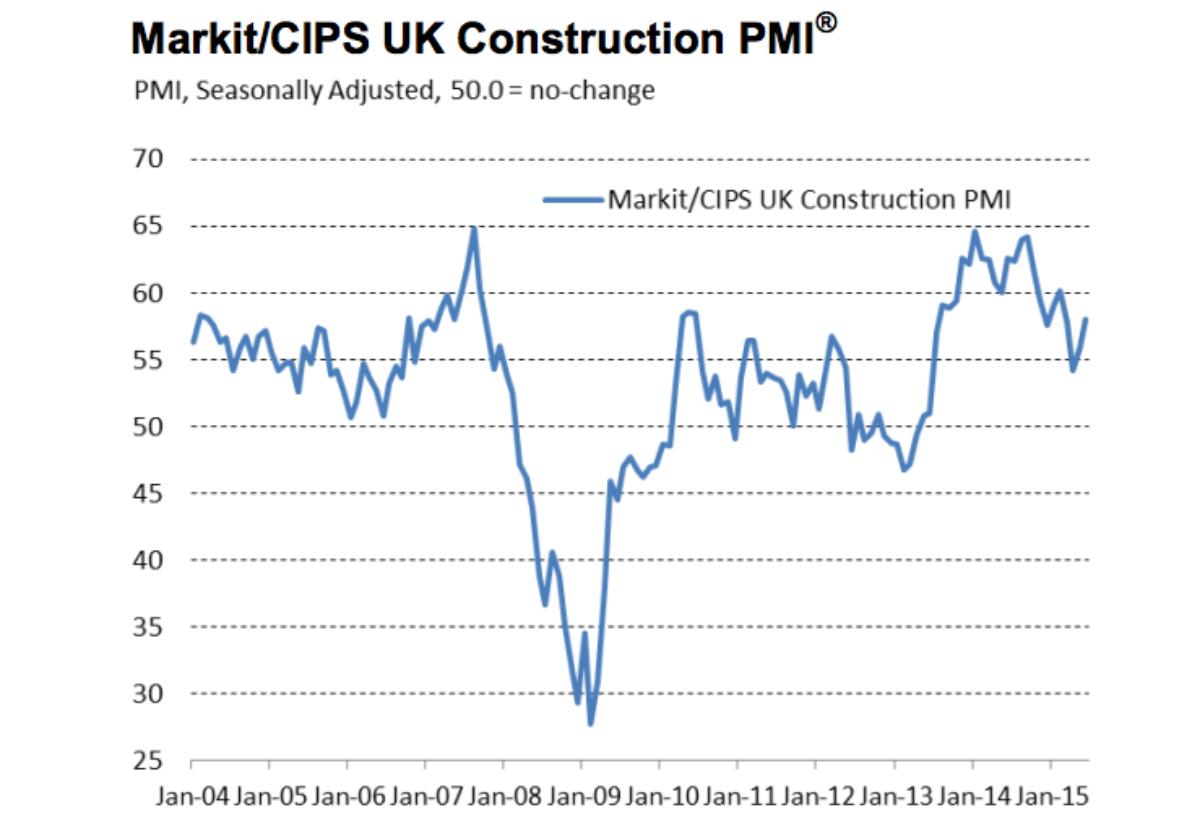



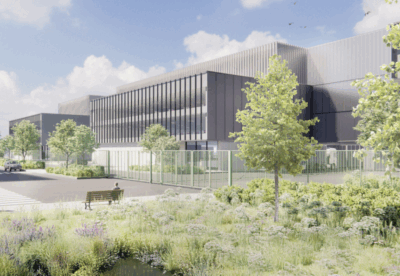

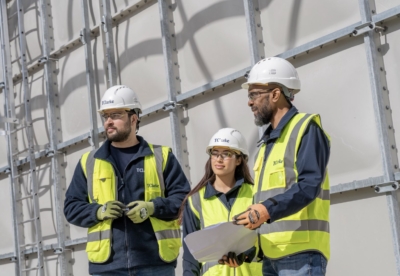
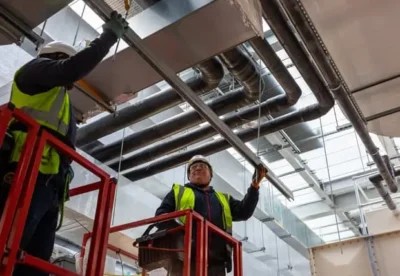


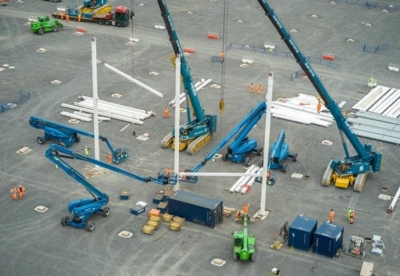



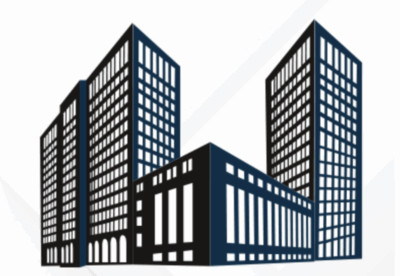
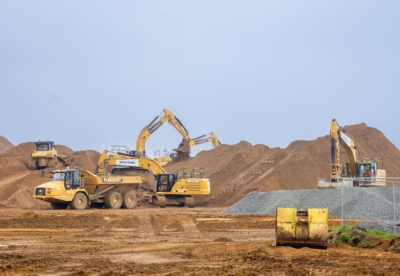
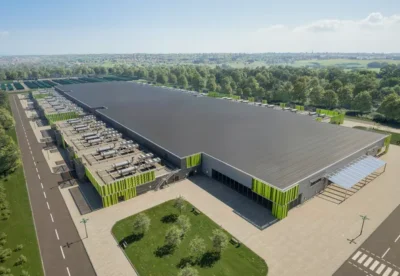


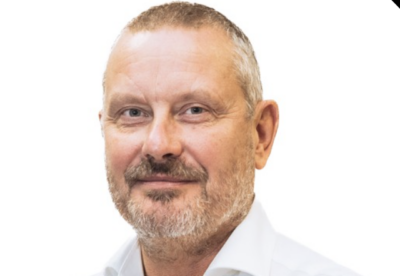
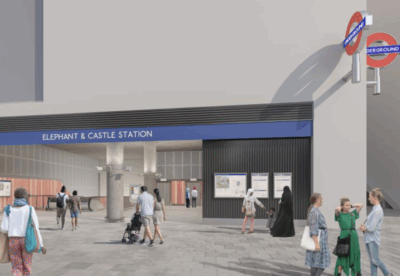

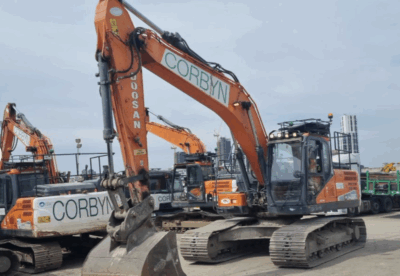

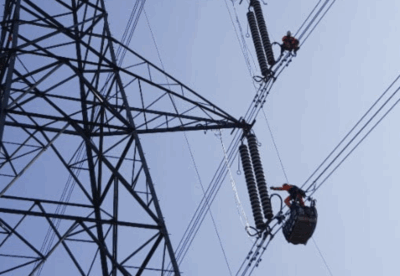


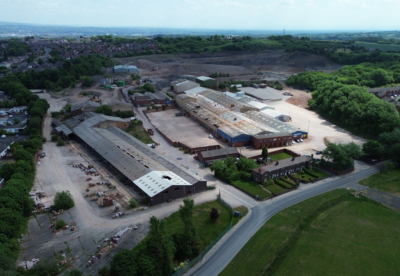
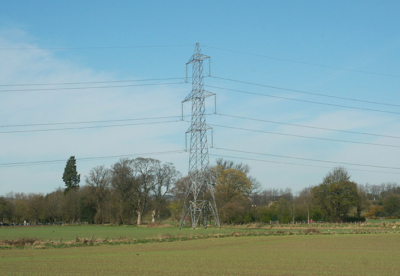

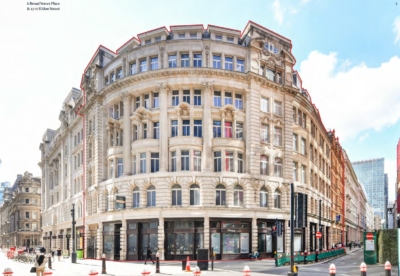



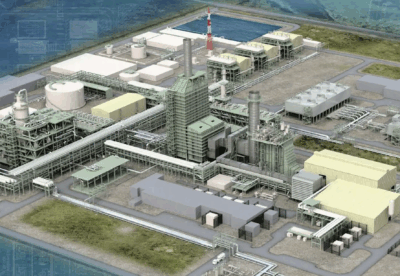





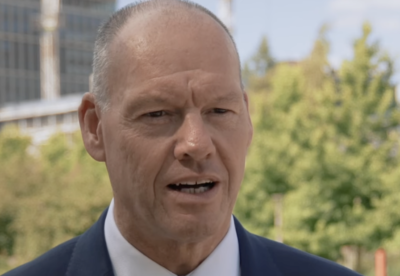
 (300 x 250 px) (2).png)








